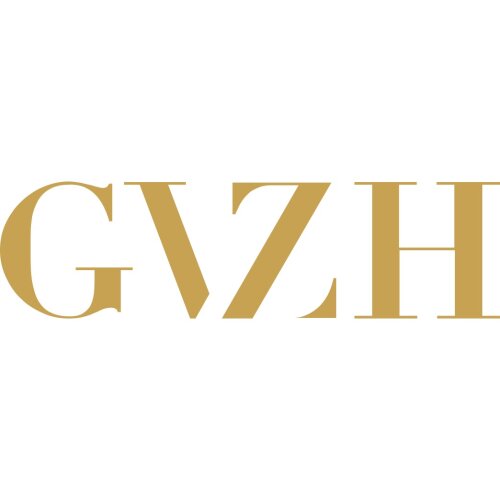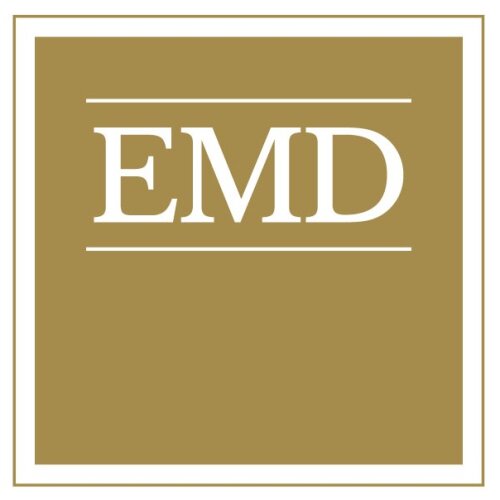Best Franchising Lawyers in Valletta
Share your needs with us, get contacted by law firms.
Free. Takes 2 min.
List of the best lawyers in Valletta, Malta
About Franchising Law in Valletta, Malta
Franchising in Valletta, Malta, is a structured and highly regulated business model that allows entrepreneurs to operate a business under the brand and system of an established company. The franchisor grants the franchisee the rights to use its trademark, service mark, and operational model in exchange for a fee. The legal landscape of franchising in Malta is designed to protect both franchisors and franchisees, ensuring fairness and promoting successful business relationships.
Why You May Need a Lawyer
Engaging in a franchising agreement involves numerous intricate legal, financial, and operational considerations. Here are some common situations where legal assistance may be necessary:
- Drafting and Reviewing Contracts: Lawyers can help draft and review franchise agreements to ensure terms are fair and compliant with local regulations.
- Due Diligence: Evaluating the credibility and financial viability of a franchisor before entering into an agreement.
- Intellectual Property Protection: Ensuring the protection of trademarks and other intellectual properties involved in the franchise.
- Compliance with Local Laws: Navigating the regulatory framework in Valletta to ensure compliance and avoid legal pitfalls.
- Dispute Resolution: Resolving conflicts that may arise between franchisors and franchisees through mediation or litigation.
Local Laws Overview
Malta provides a specific legal framework for franchising to safeguard the interests of both parties. Here are key aspects of local laws relevant to franchising:
- Commercial Code: The Commercial Code of Malta, a foundational legal document, contains provisions that are applicable to franchising agreements.
- Consumer Affairs Act: This law provides guidelines to ensure fair practices and protect consumers involved in franchising businesses.
- Competition Law: Maltese competition law prohibits anti-competitive agreements and abuse of dominant positions, which can affect franchising operations.
- Intellectual Property Laws: Ensures protection of trademarks, patents, and other IP rights essential to the franchising model.
- Tax Regulations: Understanding local tax obligations concerning franchising fees and income is critical for both franchisors and franchisees.
Frequently Asked Questions
1. What is a franchise agreement?
A franchise agreement is a legal document that outlines the terms and conditions between the franchisor and the franchisee, including duties, fees, intellectual property rights, and operational guidelines.
2. Do I need a lawyer to start a franchise?
While not legally required, it is highly advisable to consult a lawyer to ensure all legal aspects are covered and to protect your interests.
3. How is a franchise different from a license?
A franchise allows the franchisee to operate a business under the franchisor's brand and system, while a license typically permits the use of intellectual property without comprehensive business support from the licensor.
4. What fees are typically involved in franchising?
Common fees include an initial franchise fee, ongoing royalties, advertising fees, and sometimes a percentage of revenues.
5. Can a franchisee renew their franchise agreement?
Most franchise agreements include terms for renewal, but conditions must be met and renewal is subject to the franchisor's approval.
6. What happens if a franchisee wants to terminate the agreement early?
Termination clauses are included in franchise agreements. Early termination can lead to penalties or legal disputes, hence legal advice is recommended.
7. Are there specific regulations for international franchises in Malta?
Foreign franchises must comply with Maltese laws, including company registration, tax obligations, and consumer protection laws.
8. How can disputes between franchisors and franchisees be resolved?
Dispute resolution methods include mediation, arbitration, and litigation. Many agreements prefer alternative dispute resolution mechanisms to avoid lengthy legal battles.
9. What role does the Malta Financial Services Authority (MFSA) play in franchising?
The MFSA oversees regulatory compliance for business operations in Malta, which can include certain aspects of franchising.
10. Where can I find more information about franchising regulations in Malta?
Consulting with a local legal expert or visiting the official websites of government bodies like the MFSA can provide comprehensive information.
Additional Resources
Here are some valuable resources for those seeking further information on franchising in Valletta, Malta:
- Malta Financial Services Authority (MFSA): Provides regulatory guidelines and compliance information.
- Malta Enterprise: Offers support and resources for businesses, including information on franchising opportunities.
- Chamber of Commerce, Enterprise, and Industry: A useful resource for business networking and advice.
- European Franchise Federation: Offers information and support for franchising across Europe, including Malta.
Next Steps
If you are considering a franchise in Valletta, Malta, or need legal assistance related to franchising, here are your next steps:
- Seek Legal Consultation: Contact a lawyer specialized in franchising law to discuss your specific needs and circumstances.
- Conduct Thorough Research: Gather as much information as you can about the franchise, including market analysis and legal obligations.
- Prepare Questions: Have a list of questions ready for your legal advisor to ensure all your concerns are addressed.
- Review Contracts Carefully: Hire a lawyer to review all documents and contracts before you commit to ensure full compliance and protection of your interests.
By following these steps, you can navigate the complexities of franchising in Valletta with confidence and clarity.
Lawzana helps you find the best lawyers and law firms in Valletta through a curated and pre-screened list of qualified legal professionals. Our platform offers rankings and detailed profiles of attorneys and law firms, allowing you to compare based on practice areas, including Franchising, experience, and client feedback.
Each profile includes a description of the firm's areas of practice, client reviews, team members and partners, year of establishment, spoken languages, office locations, contact information, social media presence, and any published articles or resources. Most firms on our platform speak English and are experienced in both local and international legal matters.
Get a quote from top-rated law firms in Valletta, Malta — quickly, securely, and without unnecessary hassle.
Disclaimer:
The information provided on this page is for general informational purposes only and does not constitute legal advice. While we strive to ensure the accuracy and relevance of the content, legal information may change over time, and interpretations of the law can vary. You should always consult with a qualified legal professional for advice specific to your situation.
We disclaim all liability for actions taken or not taken based on the content of this page. If you believe any information is incorrect or outdated, please contact us, and we will review and update it where appropriate.














